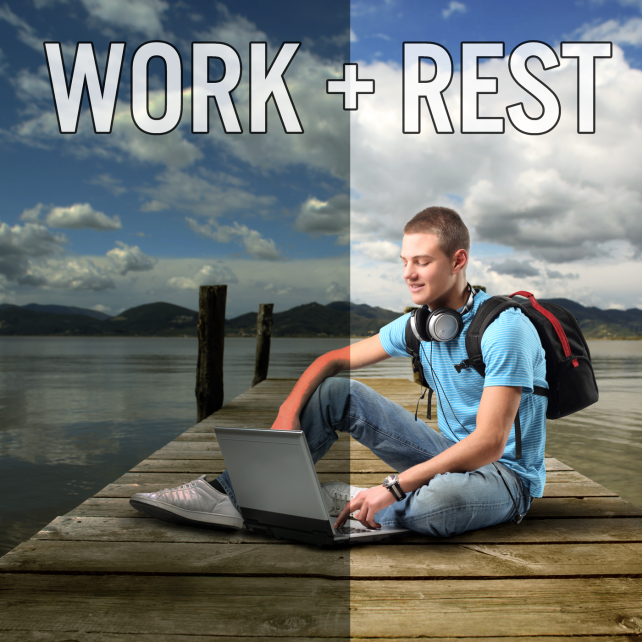We are beginning a new series on “Becoming Like Family” as our online community members begin to share the daily challenges with friends, and we begin to gather our larger community together. We want to have five main characteristics, and the one we’re focusing on this week is to be spending time in community groups.
Yesterday, we saw that four-in-ten American young adults with a Christian background (43%) believe going to church and having Christian friends is optional.
You might think that this is a new phenomenon, but today we’ll read about a similar story from the Bible, written in a letter to some of the first Christians, within 50 years of Jesus’ death and resurrection.
Let us hold fast the confession of our hope without wavering, for he who promised is faithful. And let us consider how to stir up one another to love and good works, not neglecting to meet together, as is the habit of some, but encouraging one another, and all the more as you see the Day drawing near. (Hebrews 10:23-25 ESV)
First, please notice how clear this is that being a church here is about a gathering of people. The Greek word for church is ekklesia which literally means “an assembly” or “gathering of people” called out to be and do something specific. The author of the Letter to the Hebrews was not specifically speaking about a building. Even if they worshipped at the temple occasionally, it was primarily a place of Jewish ritual sacrifices, not a place that was immediately associated with Christian worship just because of its architecture or presence.
He was referring to a people group, a movement, who actually did spend time together – sometimes in temple, sometimes in homes, sometimes in rented rooms, and probably some places in between.
But the other thing that’s clear here is that they aren’t meeting together as much as they should, and it’s essential that they do.
The author doesn’t say why. Did they get lazy? Are they afraid of being identified by persecutors? Have they actually stopped believing?
No one can be sure. But the author is clear that being a regular part of a Christian community is critical regardless. He says it’s this important, it represents holding fast to what we claim/confess to believe. That involves connectedness with others who claim and confess the same things.
Gathering with other Christians is also a visible reminder of who we are – God’s beloved but distant children, trying to follow Jesus to know him again.
Someone I know recently went out West on business, and was planning to go to an Oilers vs. Leafs game, wearing a Leafs jersey! She went there knowing she’d be alone, and would endure persecution, where no one else would be dressed like her. But then at the game, she looked out, and saw a few other Leafs jerseys, and a few more, and a few more. She was reminded she wasn’t alone.
This is what church is about. Although we may feel alone at times as Christians, when we are part of a church we remind ourselves that we are not alone, as we catch a glimpse of others wearing our colours. We are not the only ones trying to live as followers of Jesus in a hostile world. In fact, there are millions of us, all over the world, and all around our offices and neighbourhoods. But we need to come out and recognize each other. As we gather together, we remember that we are part of a community. We see this, we feel it and we are encouraged. And we are challenged, to be there for each other throughout the week as well.
Question: Why do you think it’s important for followers of Jesus to meet together? What should come of their meetings?
Reminder: Last week we saw the importance of reading the Bible together in sync, so our new daily bible readings start today in our mobile app and web site.
Read the Bible in Sync Today
Ryan Sim - August 5, 2015
Wednesday - Change It - Working Badly
From Series: "Work and Rest"
Just in time for summer's blend of work and rest, Redeem the Commute is starting a new series of daily challenges to help busy people restore life to the commuting lifestyle. This seven week series will look at the meaning and purpose of work, rest, and ancient practices that have helped followers of Jesus to keep the two in perspective and balance for centuries.

